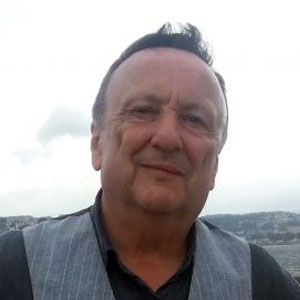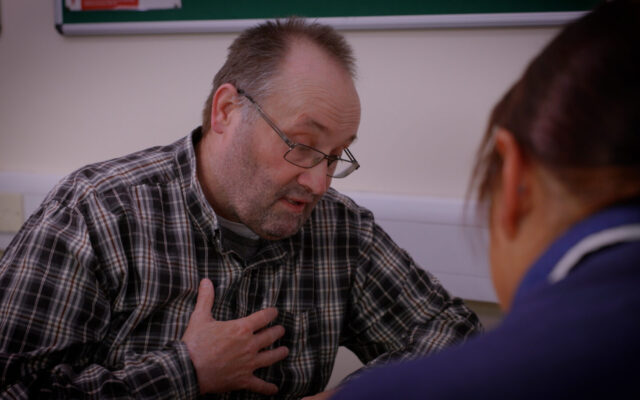When exclusion starts, it doesn’t stop – even after you die. In this issue, Nigel Ingham’s powerful article (page 16) about the Calderstones Cemetery scandal captures a malaise that runs far deeper than a row over a burial site.
The remains of 1,200 women, men and children who once lived in Calderstones, a former long-stay asylum in Lancashire, lie beneath a neglected, vandalised and untended site. No memorial shows who lies there; no respect or care is paid to their memory.
Now, in a final insult, developers wish to build a car park over their resting place. They were neglected in life – banished to the harsh, unchanging, grinding daily life of the asylum, from which they never returned to the society into which they had been born. And now they are neglected in death – for a second time hidden from sight, excluded, ignored and forgotten.
However, just as alliances of people with learning disabilities, families and their supporters fought to end the cruelties of the long-stay hospital system, so a new alliance has formed to end this act of disrespect to the dead.
Ingham writes about the campaign in which he is involved, driven by former residents, staff, families, local residents and people with learning disabilities more generally to prevent this vandalism and ensure a proper memorial to those who lived and died in Calderstones.
At Community Living, we fully support the campaign and urge our readers to do the same. A society that excludes the memory of people in death in the same way as it excluded them in life is a society built on a lie.
Having a good life – without professionals
Once you are seen as a person who does not belong, your grip on any sort of foothold in society quickly vanishes.
For many, it is difficult to imagine just how terrifying a prospect this is. You live in a society but you are not seen as part of it. People have rights – but you lack them because it is believed you cannot understand them. People are free within the law to do as they wish – but not you, because you don’t know what you wish. Others have jobs, their own homes, family life, social networks – whereas you live in a sort of clinical, bureaucratic netherworld where you always aspire to achieving these goals, and a small army of paid professionals are there to support you towards reaching them, but you never quite get there.
In this issue (page 27), our columnist Jan Walmsley discusses three events she has attended this year where people with learning disabilities seemed to be free, in control and able to be themselves. They were an art installation, an immersive theatre production and a musical performance. What these events had in common was that “there was not a psychiatrist, psychologist, antipsychotic drug or support worker in sight”, she writes.
People are also getting the opportunity to be part of an ordinary family in their community thanks to the work of Shared Lives (page 10). Extraordinary work is also being done by Getta Life (page 19) to enable people to make friends outside the “learning disability world” to which they have been consigned.
In all these cases, a good life is one in which people are not continually risk assessed, clinically evaluated, controlled and “kept safe” by the professional army that seems to own them.
Of course support workers, social workers, psychologists and (sometimes) psychiatrists are needed, and many do heroic work – but their job must be to make people free to be in the world, not to put barriers around them.
Simon Jarrett
Editor





